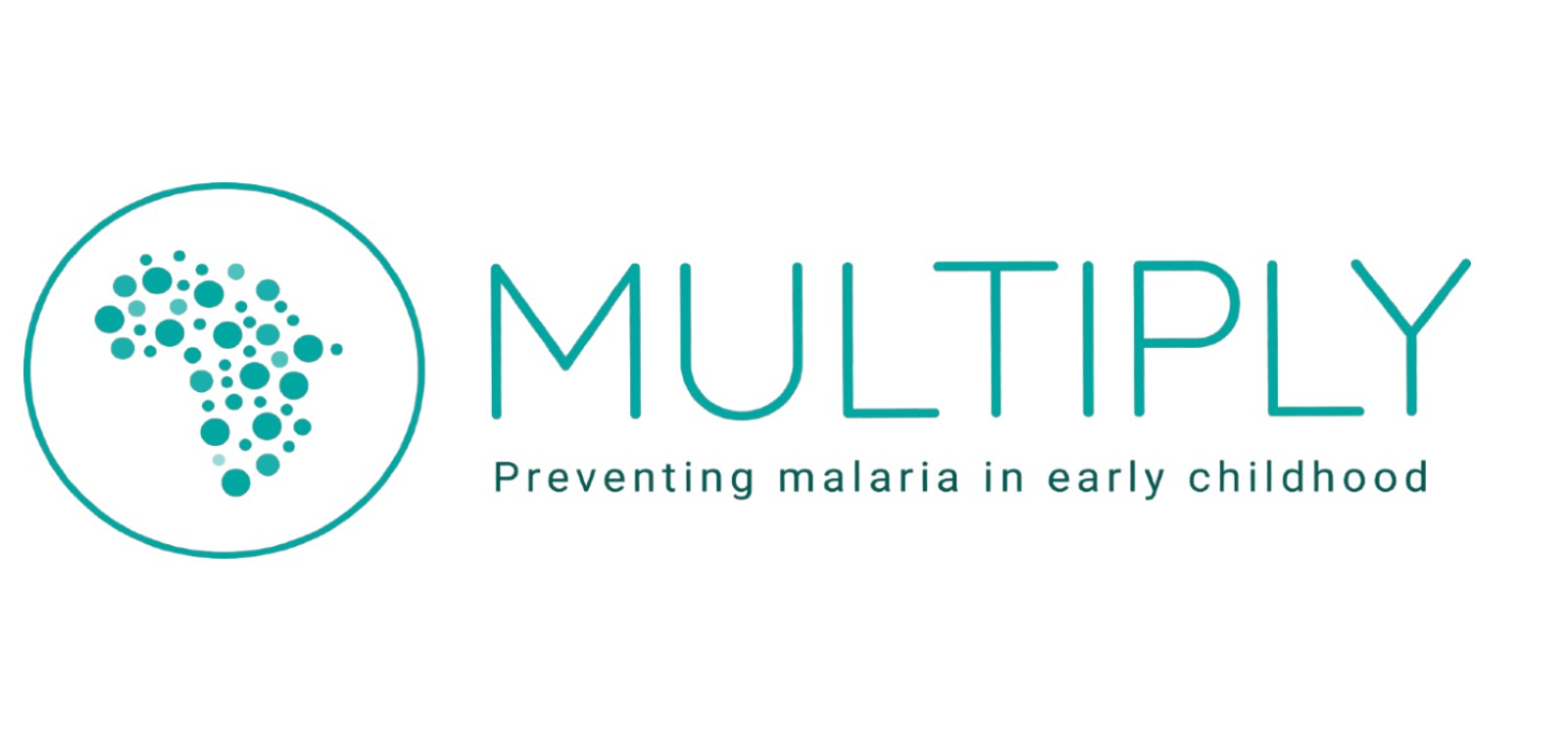MULTIPLY
MULTIple doses of IPTi Proposal: a Lifesaving high Yield intervention

- Duration
- 01/05/2021 - 31/10/2025
- Coordinator
- Clara Menéndez
- Funded by
- The European & Developing Countries Clinical Trials Partnership (EDCTP)
- Website
- https://multiplyipti.net
As efforts to control malaria are stalling, and the disease is particularly severe in children under the age of two, it is imperative for countries in sub-Saharan Africa, with areas of moderate-to-high transmission, to implement Intermittent Preventive Treatment in infants (IPTi) delivered through the Expanded Program on Immunization (EPI), which is the only feasible, sustainable and cost-effective strategy to reach this high-risk group. IPTi has been shown to be safe, efficacious in reducing clinical malaria, anaemia and hospital admissions, and to be highly cost-effective since it is delivered alongside EPI and uses an inexpensive antimalarial drug (Sulfadoxine-Pyrimethamine); for all these reasons, the World Health Organisation recommends it for malaria prevention in infants. However, IPTi has not been implemented to date, except in Sierra Leone.
MULTIPLY is a large-scale implementation development cooperation project, which includes public and private European and African institutions aiming at maximising the delivery and uptake of IPTi, to achieve full potential and effectiveness of this intervention.
Research partners from Mozambique, Sierra Leone and Togo in selected country districts will conduct the implementation of IPTi at health facilities and EPI mobile-outreach clinics using a paediatric dispersible formulation of SP, alongside routine vaccinations and vitamin A supplementation. Children will receive up to a maximum of 6 doses of IPTi in the first two years of life.
Through this implementation, capacity will be built and fundamental programmatic issues to achieving effectiveness will be assessed, including:
- IPTi operational feasibility and acceptability;
- impact on health services integration, i.e. on EPI immunisations and vitamin A administration coverage;
- the cost and cost-effectiveness of IPTi delivery including through the outreach EPI platform;
- the impact on malaria incidence, anaemia, overall mortality, SP resistance development and the safety of the intervention.
The integration of IPTi with EPI contacts, together with social and behaviour change communication campaigns to inform communities of the importance of EPI, and the malaria protection afforded by IPTi delivered at the EPI, could lead to an increased demand for EPI.
Total Funding
4,722,431 €
This project is part of the EDCTP2 programme supported by the European Union
Our Team
Coordinator
-
 Clara Menéndez Research Professor, Director of the Maternal, Child and Reproductive Health Initiative and Programme
Clara Menéndez Research Professor, Director of the Maternal, Child and Reproductive Health Initiative and Programme
ISGlobal Team
-
Maya Sibley Project manager
-
 Cristina Raya Gambus Project Assistant
Cristina Raya Gambus Project Assistant -
 Raquel González Associated Researcher
Raquel González Associated Researcher -
 Alfredo Mayor Research Professor
Alfredo Mayor Research Professor -
 Llorenç Quintó Biostatistician
Llorenç Quintó Biostatistician -
 Cristina Raya Gambus Project Assistant
Cristina Raya Gambus Project Assistant




